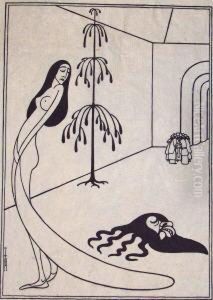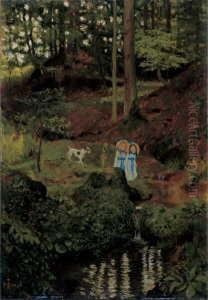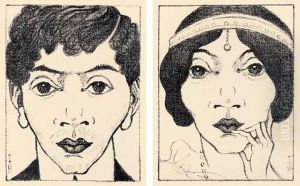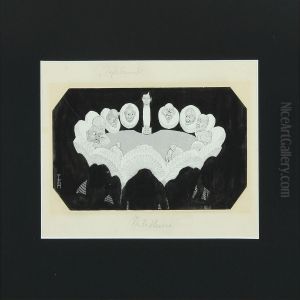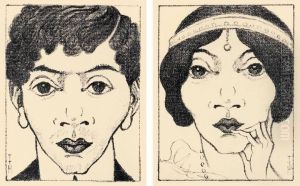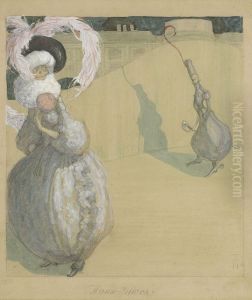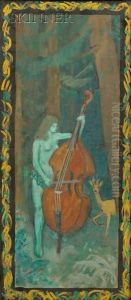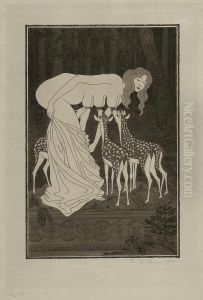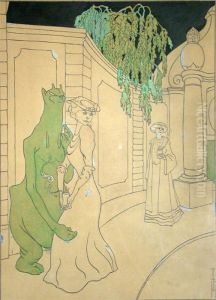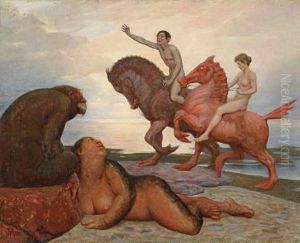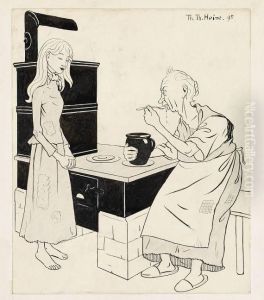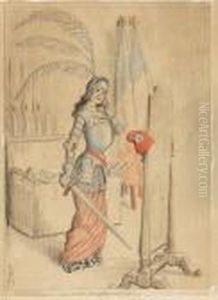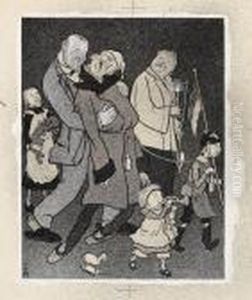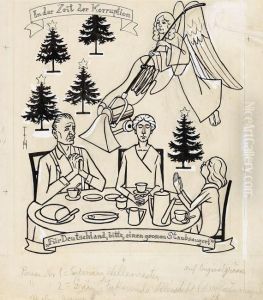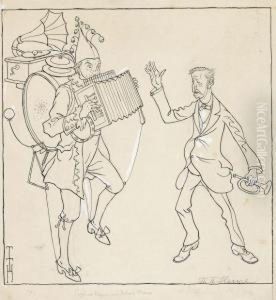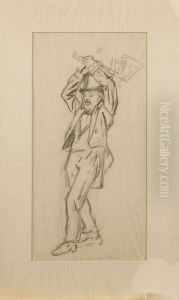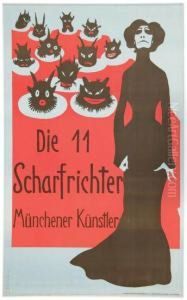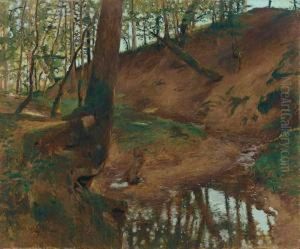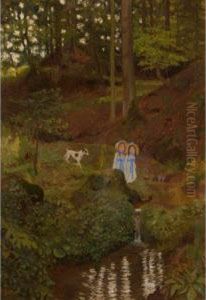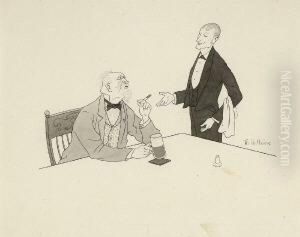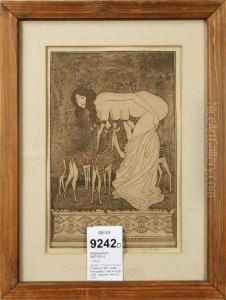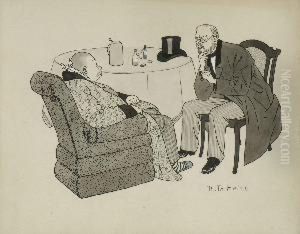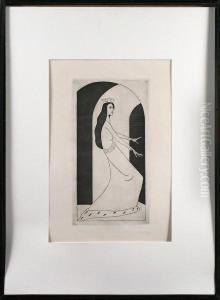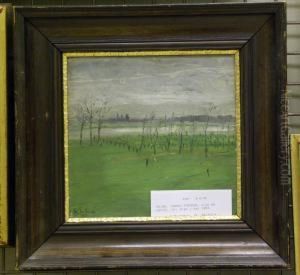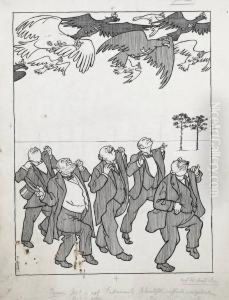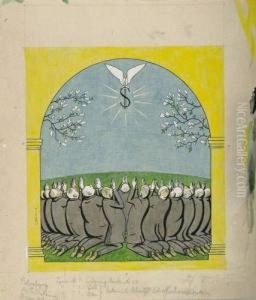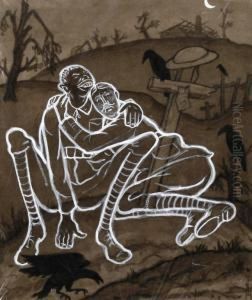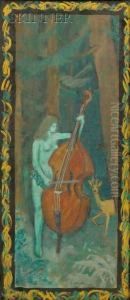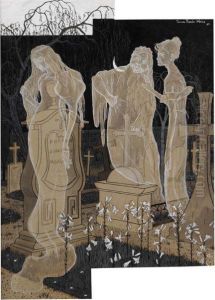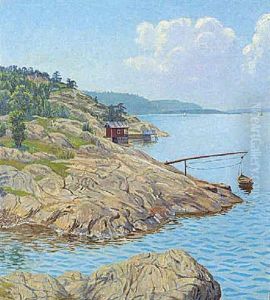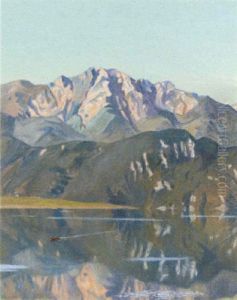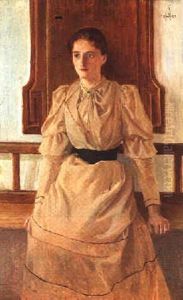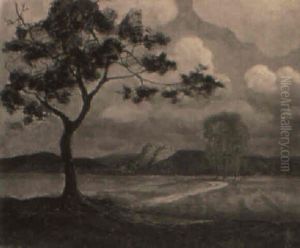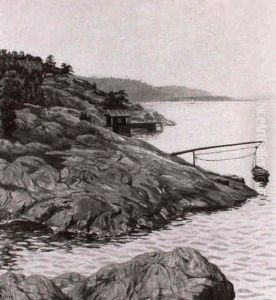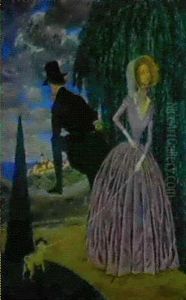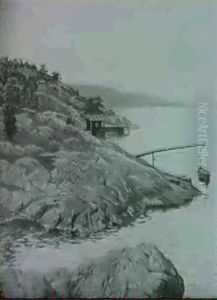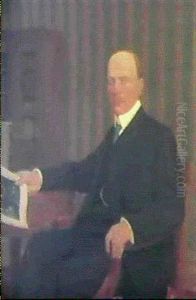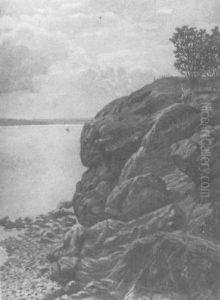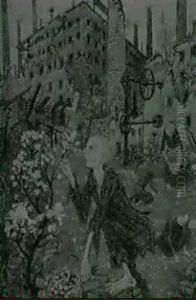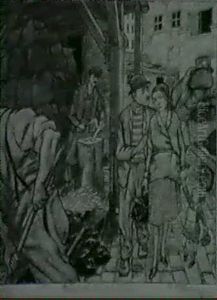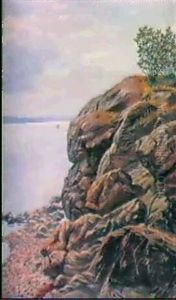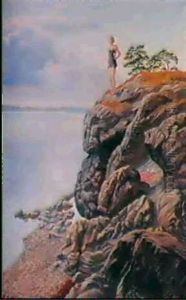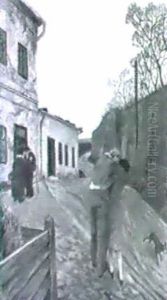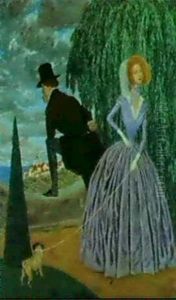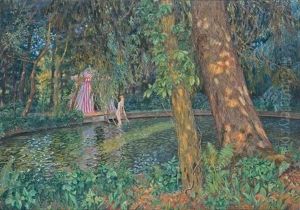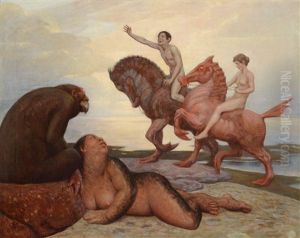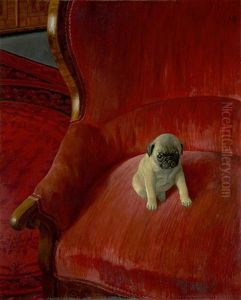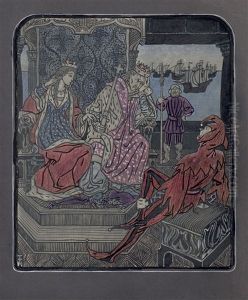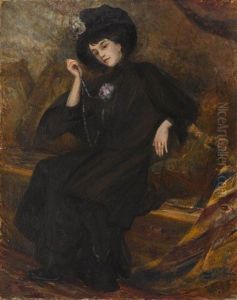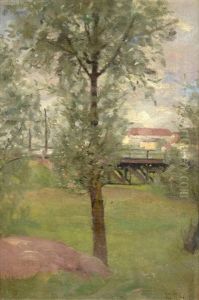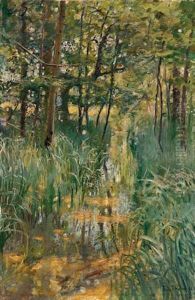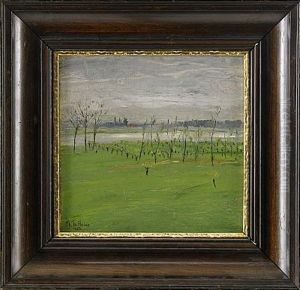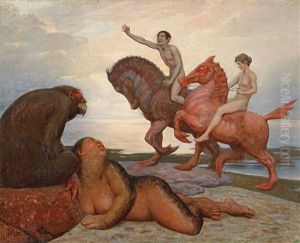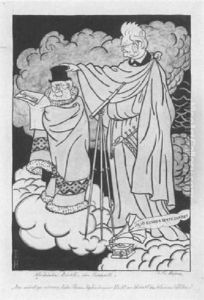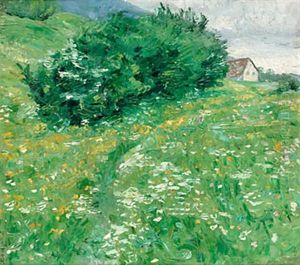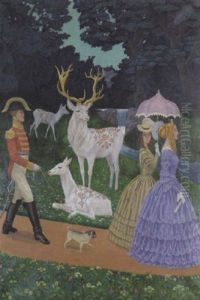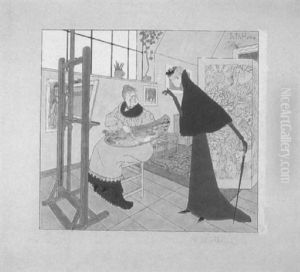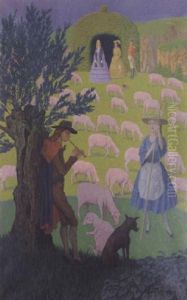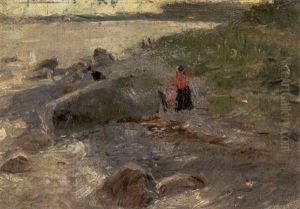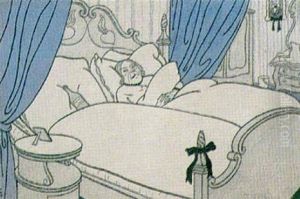Thomas Theodor Heine Paintings
Thomas Theodor Heine was a German painter and illustrator of Jewish descent, best known for his sharp political caricatures and his contribution to the satirical magazine 'Simplicissimus'. Heine was born on February 28, 1867, in Leipzig, Germany, into a wealthy Jewish family. He displayed an early talent for drawing, which led him to pursue an education in art. He studied at the Academy of Fine Arts in Düsseldorf and later in Munich, where he would settle and become a central figure in the city's artistic community.
Heine's work gained prominence in the late 19th century, particularly through his association with 'Simplicissimus', which he co-founded in 1896 with publisher Albert Langen. The magazine became famous for its critical stance on social issues, politics, and the German establishment, often pushing the boundaries of what was considered acceptable at the time. Heine's illustrations were notable for their satirical edge and became a defining feature of the publication.
During his career, Heine faced significant adversity due to his Jewish heritage, particularly during the rise of the Nazi Party. His work was labeled as degenerate art by the Nazis, and he was forced to flee Germany in 1933. Heine initially moved to Prague and later to Norway, where he spent the remainder of his life in exile. Throughout his time abroad, he continued to work and maintained a strong anti-fascist stance in his art.
Heine's body of work is diverse, ranging from book illustrations to posters, and from theater sets to political cartoons. His influence extended beyond his own era, as he played a crucial role in shaping the visual language of satire in modern print media. Despite the challenges he faced, Heine remained committed to his art and its potential for social commentary until his death on January 26, 1948, in Oslo, Norway. Today, Thomas Theodor Heine is remembered as a pivotal figure in the history of graphic art and political satire.
